We’re Here for You
Contact Us for a Free Case Evaluation
Our team is ready to listen day or night – 7 days a week, so contact us now to see how we can help you on the road to recovery.

In September 2019, the U.S. Food and Drug Administration announced that it was investigating the presence of a carcinogenic impurity known as “NDMA” (N-nitrosodimethylamine) in Zantac and similar ranitidine drugs used to treat gastroesophageal reflux disease (“GERD”). Patients who take this popular GERD drug might have unknowingly exposed themselves to a risk of cancer as a result of the NDMA impurity.
GERD patients who took Zantac and were subsequently diagnosed with cancer may be eligible to file a lawsuit against the drug manufacturer. Please call or text us 24/7 at 757-777-7777 if you believe your cancer diagnosis is related to this medication.
If you have used Zantac or any other ranitidine drug and have been diagnosed with stomach, bladder, or any other form of cancer, seek prompt medical treatment and then contact a knowledgeable and experienced Zantac attorney to determine if you are eligible to file a lawsuit.
Eligible plaintiffs must have:
If you have used Zantac but have not been diagnosed with cancer, you should consult with a physician about whether you should be screened. The earlier you receive a cancer diagnosis, the better chance you have of beating it. Your best hope for recovering maximum compensation for the harm inflicted upon you is to retain legal representation as soon as possible.
Zantac, the brand name of the drug known as “ranitidine,” is a drug that reduces heartburn and other symptoms of gastroesophageal reflux disease or “GERD.” Regular Zantac users may experience common side effects, such as stomach upsets, headaches, and insomnia.
NDMA is commonly used in petroleum-based products such as gasoline and rocket fuel. NDMA contaminated Zantac may have carcinogenic effects, including:
On September 23, 2019, Pharmaceutical giant Sandoz, Inc. voluntarily recalled the generic forms of Zantac due to concerns about contamination by NDMA. The company published a list of lot numbers affected by the recall.
Anyone who has been using Zantac should contact their physicians and pharmacists to verify if any of their supplies were included. Patients taking medications to manage these conditions should first speak to their doctors before making any changes to their treatment. For more information about the voluntary Zantac recall, please contact us today.
Zantac patients began to file lawsuits almost as soon as the FDA announced its Zantac investigation into the NDMA contamination. Plaintiffs allege that ranitidine manufacturers such as Sanofi and Boehringer Ingelheim manufactured, marketed, and sold a dangerous pharmaceutical product that they knew or should have known was contaminated with carcinogenic NDMA.
Rutter Mills is currently investigating claims of Zantac cancer patients across the country. Call now for a free legal evaluation about your experience with this medication and to see how we can help. There is never a fee for our legal services unless we win compensation on your behalf.
Contact Us for a Free Case Evaluation
Our team is ready to listen day or night – 7 days a week, so contact us now to see how we can help you on the road to recovery.

